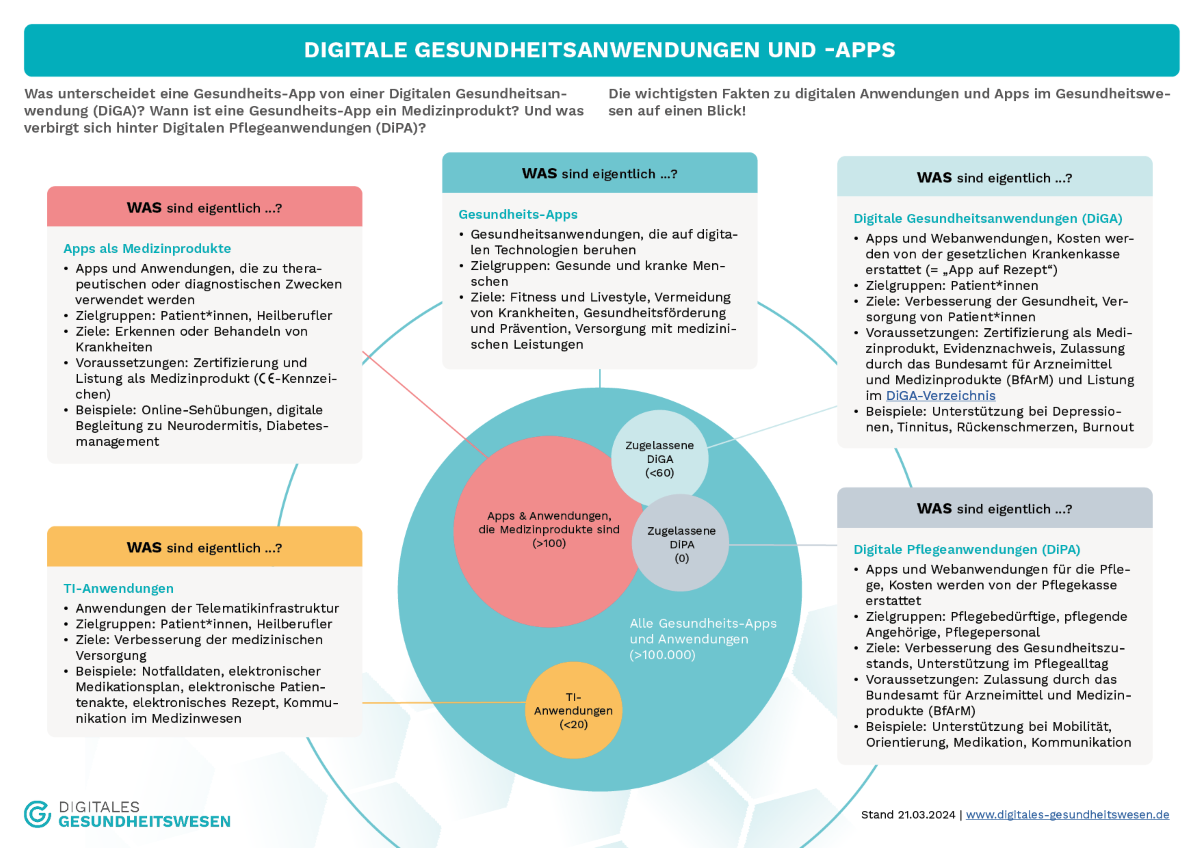CVE-2024-48924 - MessagePack CSharp Hash Collision CPU Consumption Denial of Service Vulnerability
CVE ID : CVE-2024-48924 Published : Oct. 17, 2024, 9:15 p.m. | 2 hours, 30 minutes ago Description : ### Impact When this library is used to deserialize messagepack data from an untrusted source, there is a risk of a denial of service attack by an attacker that sends data contrived to produce hash collisions, leading to large CPU consumption disproportionate to the size of the data being deserialized. This is similar to [a prior advisory](https://github.com/MessagePack-CSharp/MessagePack-CSharp/security/advisories/GHSA-7q36-4xx7-xcxf), which provided an inadequate fix for the hash collision part of the vulnerability. ### Patches The following steps are required to mitigate this risk. 1. Upgrade to a version of the library where a fix is available. 1. Review the steps in [this previous advisory](https://github.com/MessagePack-CSharp/MessagePack-CSharp/security/advisories/GHSA-7q36-4xx7-xcxf) to ensure you have your application configured for untrusted data. ### Workarounds If upgrading MessagePack to a patched version is not an option for you, you may apply a manual workaround as follows: 1. Declare a class that derives from `MessagePackSecurity`. 2. Override the `GetHashCollisionResistantEqualityComparer` method to provide a collision-resistant hash function of your own and avoid calling `base.GetHashCollisionResistantEqualityComparer()`. 3. Configure a `MessagePackSerializerOptions` with an instance of your derived type by calling `WithSecurity` on an existing options object. 4. Use your custom options object for all deserialization operations. This may be by setting the `MessagePackSerializer.DefaultOptions` static property, if you call methods that rely on this default property, and/or by passing in the options object explicitly to any `Deserialize` method. ### References - Learn more about best security practices when reading untrusted data with [MessagePack 1.x](https://github.com/MessagePack-CSharp/MessagePack-CSharp/tree/v1.x#security) or [MessagePack 2.x](https://github.com/MessagePack-CSharp/MessagePack-CSharp#security). - The .NET team's [discussion on hash collision vulnerabilities of their `HashCode` struct](https://github.com/GrabYourPitchforks/runtime/blob/threat_models/docs/design/security/System.HashCode.md). ### For more information If you have any questions or comments about this advisory: * [Start a public discussion](https://github.com/MessagePack-CSharp/MessagePack-CSharp/discussions) * [Email us privately](mailto:andrewarnott@live.com) Severity: 0.0 | NA Visit the link for more details, such as CVSS details, affected products, timeline, and more...

Published : Oct. 17, 2024, 9:15 p.m. | 2 hours, 30 minutes ago
Description : ### Impact When this library is used to deserialize messagepack data from an untrusted source, there is a risk of a denial of service attack by an attacker that sends data contrived to produce hash collisions, leading to large CPU consumption disproportionate to the size of the data being deserialized. This is similar to [a prior advisory](https://github.com/MessagePack-CSharp/MessagePack-CSharp/security/advisories/GHSA-7q36-4xx7-xcxf), which provided an inadequate fix for the hash collision part of the vulnerability. ### Patches The following steps are required to mitigate this risk. 1. Upgrade to a version of the library where a fix is available. 1. Review the steps in [this previous advisory](https://github.com/MessagePack-CSharp/MessagePack-CSharp/security/advisories/GHSA-7q36-4xx7-xcxf) to ensure you have your application configured for untrusted data. ### Workarounds If upgrading MessagePack to a patched version is not an option for you, you may apply a manual workaround as follows: 1. Declare a class that derives from `MessagePackSecurity`. 2. Override the `GetHashCollisionResistantEqualityComparer
Severity: 0.0 | NA
Visit the link for more details, such as CVSS details, affected products, timeline, and more...














































![⚡ THN Weekly Recap: Top Cybersecurity Threats, Tools and Tips [30 Dec]](https://blogger.googleusercontent.com/img/b/R29vZ2xl/AVvXsEgfYK_dlQo9n6UQiuexPS4b1dZ039bN14TXB6AswBkkoRAzzAJg7N3ihBHLhefti8RGcxX6HNI0wVhF8dHLT29WcL2UIUv2n81OsQEbYGKSV6N4aJR-OaK9cV0rWfJWElVsPsjjWvNfb0ZfkRgYfXWIbDBj14YS5VvaBSf7ke5iqzAL2DF7C3IGZRMMwdaf/s1600/recap.png?#)































